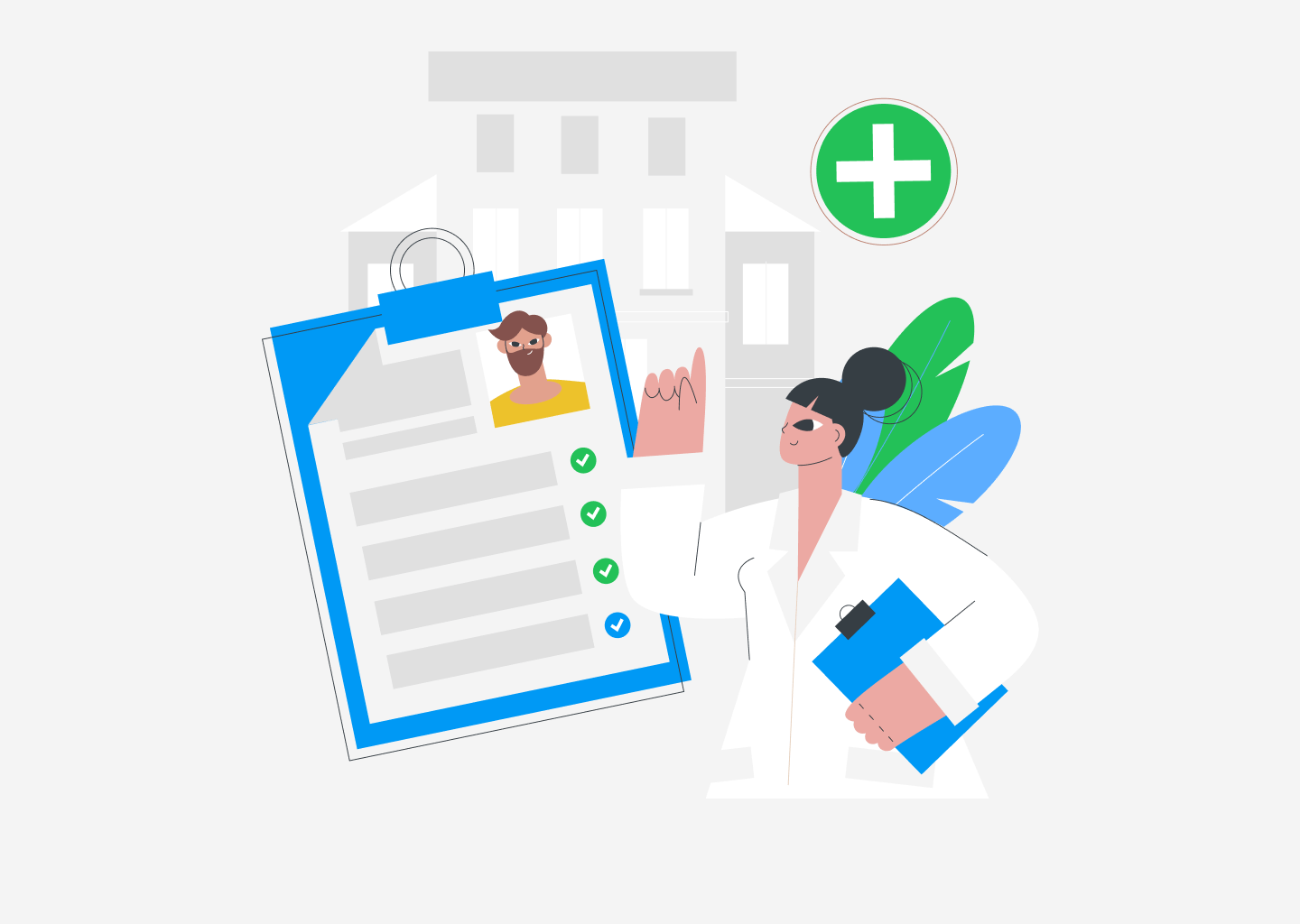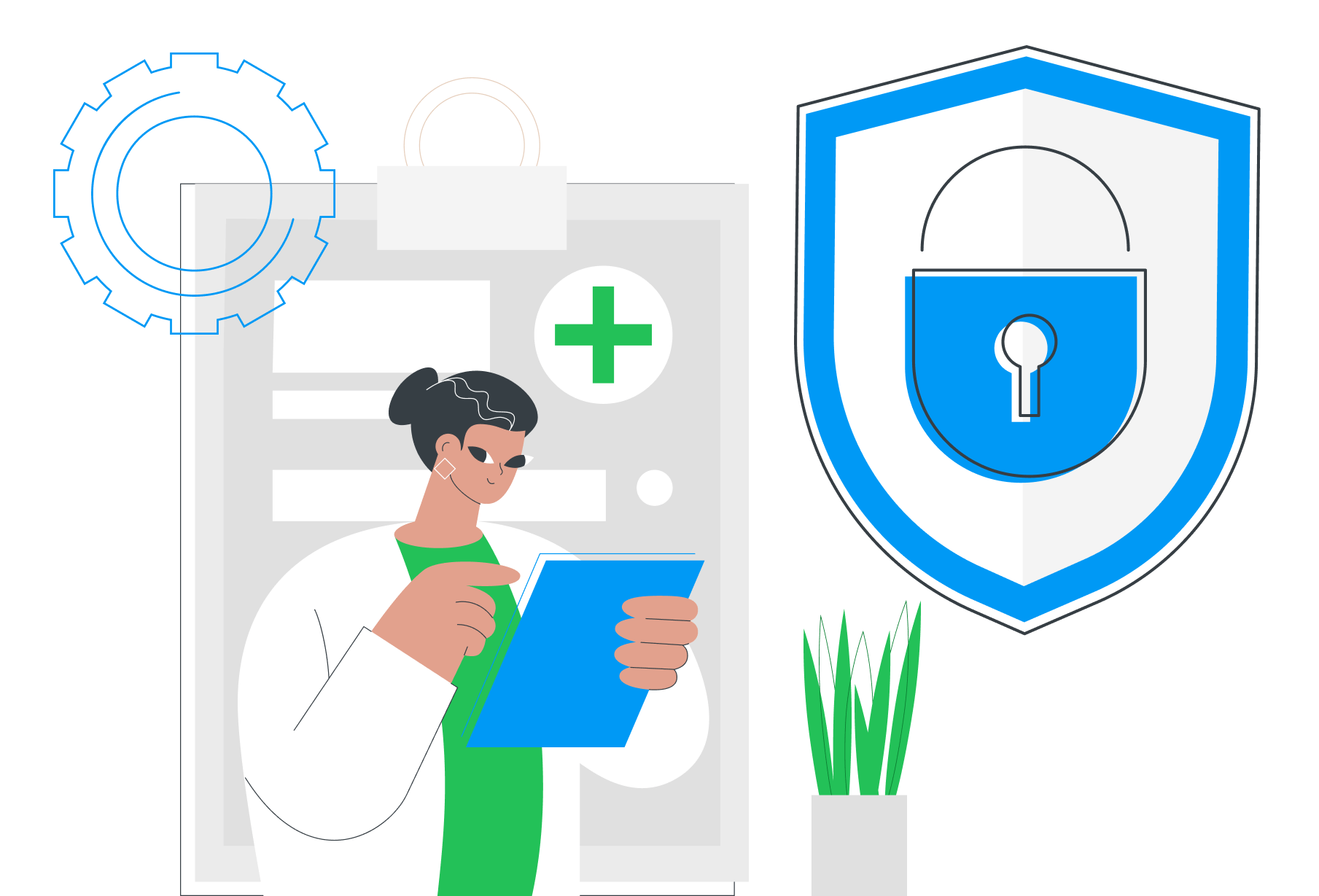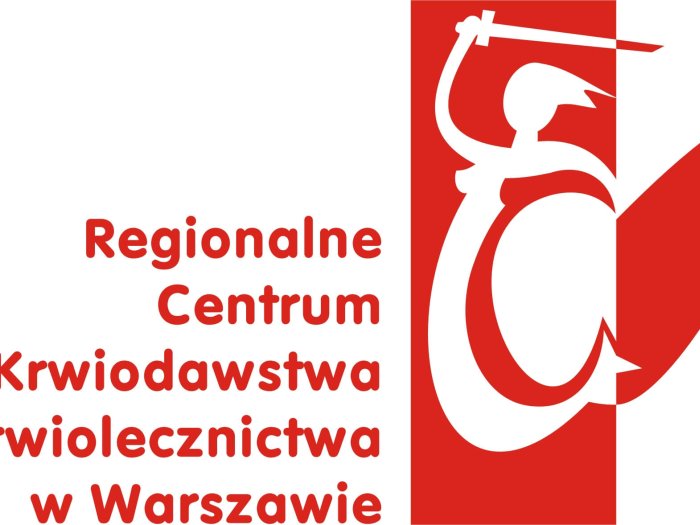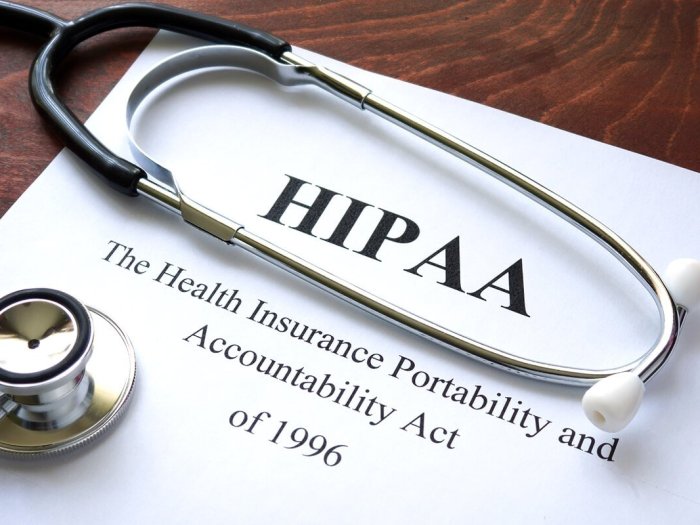We are trusted by automotive companies globally




Data Breaches in the Healthcare
230,954,151
is the number of medical records that were lost, stolen or exposed in the last decade.
$10.10 million
is the average cost of a data breach in the healthcare industry. Compared to 2021, it is a 9.4% increase.
39%
of healthcare data breaches come from the inside (employees, contractors, etc.).
What are the most important types of data that healthcare organizations must protect?
- Email addresses
- Medical record numbers
- Account numbers
- Fingerprints, retinal and voice prints
- Social security numbers
- Health insurance beneficiary numbers
- and more
The most important regulations that Healthcare institutions must comply with
GDPR (General Data Protection Regulation) is a European Union personal data protection regulation. It is the strictest and most complex in the world. But we are here to help you! With Safetica, it is easy to comply with strict GDPR requirements. You‘ll have a better overview of what‘s going on in your company, see how employees treat sensitive data, minimize the risk of personal data being misused, and when there‘s a security threat, you‘ll be notified in real time. Are you in compliance with GDPR What is GDPR? The scope, purpose, fines and how to comply The Health Insurance Portability and Accountability Act deals with the protection of health-related personal data and governs the ways it can be processed. Any system processing health information has to provide protection against threats, hazards to security or integrity, unauthorized use, or disclosure of the information. Safetica can help you analyse threats and respond to them, restrict access to protected data, receive real-time alerts and summary reports, or facilitate encryption management. How Safetica helps to comply with HIPAA HITRUST is a pivotal framework, harmonizing the myriad of existing, globally recognized standards and regulations into one place. Born from the need to ensure a comprehensive approach to data protection, HITRUST CSF (Common Security Framework) was developed to help organizations navigate the complex milieu of security, privacy, and compliance challenges.
How Safetica helps you to comply with GDPR
How to use Safetica to comply with GDPR
GDPR vs CCPA: Key Benefits and Differences
What is HIPAA? The Scope, Purpose and How to Comply
Download the guide and learn how to keep your business data secure.

Discover how the Healthcare industry is able to protect their data with Safetica




